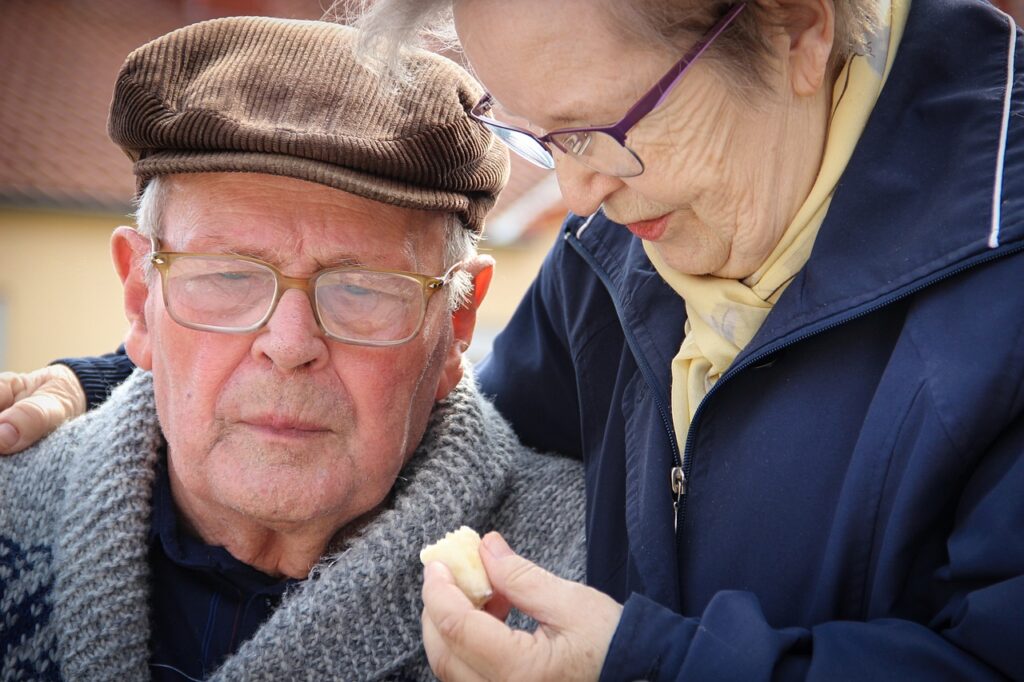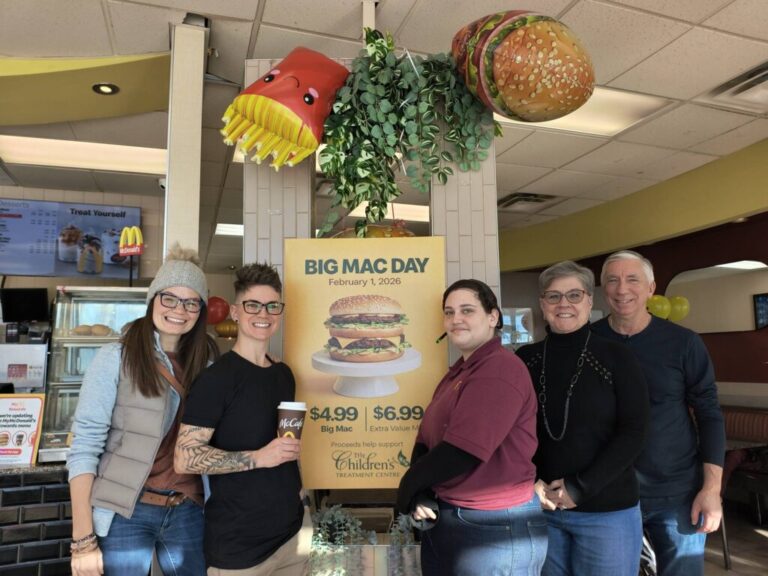
Caring for elderly parents at home is a profound and loving commitment that many of us will face at some point in our lives. It’s a role that comes with its challenges but also immense rewards. Ensuring high-quality care for our aging loved ones requires understanding, preparation, and the right resources. Whether it’s adapting the home environment for safety and accessibility, managing their healthcare needs, or ensuring their day-to-day comfort and happiness, each aspect plays a critical role in fostering a nurturing and supportive setting. This guide aims to offer valuable insights and practical advice to help you provide the best care possible for your elderly parents at home, making this phase of life as fulfilling and comfortable for them as it can be.
Support Systems and Respite Care
Caregivers need to have a support system in place, both for their well-being and to ensure continuous, high-quality care for their elderly parents. Connect with local caregiver support groups where you can share experiences, receive advice, and find emotional support from others in similar situations.
Consider utilizing respite care services to take necessary breaks. Professional caregivers can provide temporary assistance, giving you time to rest and recharge. This not only helps prevent caregiver burnout but also introduces your elderly parents to other caring individuals, adding variety and social interaction to their routine. You can read about it here or by doing some research. Remember, taking care of yourself is essential to being able to provide care for others.
Adapting the Home for Safety and Accessibility
Making your home safe and accessible for elderly parents is crucial to prevent falls and ensure their independence. Start by removing tripping hazards such as loose rugs, installing grab bars in the bathroom, and ensuring that the home is well-lit. Consider installing a ramp if there are steps at the entrance, and ensure that frequently used items are within easy reach to avoid overstretching or bending.
In addition to physical adjustments, consider the use of technology to enhance safety. Automated lighting, emergency response systems, and video monitoring can provide peace of mind for both you and your elderly parent. Ensure that pathways are clear, and furniture is arranged to accommodate mobility aids, creating a living space that supports freedom of movement and reduces the risk of accidents.
Managing Healthcare Needs
Managing the healthcare needs of your elderly parents is crucial for their well-being. Keep a detailed record of their medical history, medications, and appointments. Establish a relationship with their healthcare providers and ensure you have a clear understanding of their medical conditions and any required treatments or medications.
Encourage regular check-ups and preventive care to identify and address health issues early. Accompanying them to appointments can help you stay informed about their health status and advocate for their needs. It’s also important to manage medications effectively, using pill organizers or setting reminders to ensure they are taken on time and as prescribed.
Nutrition and Diet
Ensuring your elderly parents receive proper nutrition is essential for their health and vitality. Create a balanced diet plan that includes fresh fruits, vegetables, lean proteins, and whole grains, considering any dietary restrictions or special needs they may have. Staying hydrated is also crucial, so encourage regular intake of fluids throughout the day.
Cooking together can be a delightful activity, offering both nutritional benefits and the opportunity to spend quality time together. Introduce new, healthy recipes that cater to their taste preferences and nutritional requirements. If preparing meals becomes challenging, consider meal delivery services or community resources that provide nutritious options for seniors.
Daily Comfort and Happiness
Maintaining the daily comfort and happiness of your elderly parents goes beyond addressing their physical needs. Engage them in activities they enjoy, whether it’s listening to music, gardening, or hobbies like knitting or painting. Mental and emotional stimulation is as important as physical activity in promoting a sense of well-being.
Regular social interaction is vital to prevent feelings of isolation or loneliness. Arrange visits with family and friends, or explore local senior centers and groups that offer social activities. Providing companionship, listening to their stories, and respecting their preferences are key elements in ensuring their happiness and contentment at home.
Caring for elderly parents at home requires patience, compassion, and a strong support system. By adapting to the home environment, managing healthcare needs, promoting proper nutrition, and providing daily comfort and happiness, you can ensure high-quality care for your aging loved ones. Remember to also take care of yourself throughout this journey, as it will enable you to continue providing the best possible care for your parents. With preparation, understanding, and the right resources, you can make this phase of life a fulfilling and rewarding experience for both you and your elderly parents.











